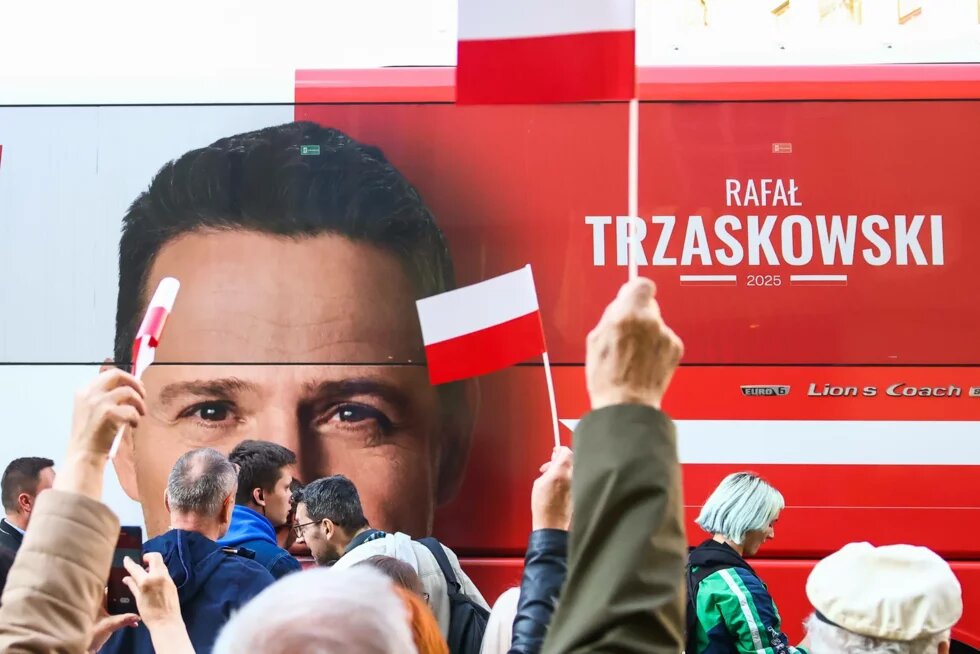Introduction
Poland stands on the brink of a significant political decision as it approaches the second round of its 2025 presidential election. The contest between centrist Rafal Trzaskowski and nationalist Karol Nawrocki encapsulates the nation’s deep-seated divisions and will determine Poland’s trajectory concerning European Union integration, democratic reforms, and social policies.
The Candidates: Contrasting Visions

Rafal Trzaskowski, the current Mayor of Warsaw and a member of the Civic Coalition, champions a pro-European stance. His platform emphasizes judicial reforms, women’s rights, and stronger ties with the EU. Trzaskowski has pledged to sign bills facilitating over-the-counter access to emergency contraception, recognizing Silesian as a regional language, and overhauling the constitutional court to ensure its independence.
In contrast, Karol Nawrocki, supported by the Law and Justice (PiS) party, advocates for conservative values, national sovereignty, and skepticism towards EU bureaucracy. His campaign appeals to traditionalist sentiments, emphasizing national identity and conservative social policies. Nawrocki’s background as a historian and his emphasis on Poland’s historical narratives resonate with a segment of the electorate seeking a return to traditional values.
Campaign Controversies and Public Perception
The election campaign has been marred by personal attacks and controversies. Nawrocki faced scrutiny over past involvement in organized fights and a disputed property acquisition from an elderly man. Additionally, his use of a tobacco pouch during a live debate drew criticism, with 53% of respondents viewing it negatively. Despite these issues, Nawrocki’s support remains robust among his base, highlighting the deep polarization within Polish society.
Trzaskowski, while leading in polls, has not been immune to criticism. Questions have arisen regarding campaign spending and the influence of foreign entities in his advertising campaigns. Nevertheless, his message of progressive reform and EU integration continues to appeal to urban voters and younger demographics.

Implications for Poland and the European Union
The outcome of this election holds significant implications for Poland’s future. A Trzaskowski victory would likely facilitate the current government’s reform agenda, aligning Poland more closely with EU norms and potentially unlocking previously withheld EU funds. Conversely, a Nawrocki presidency could stall these reforms, leading to increased tensions with the EU and a potential shift towards more authoritarian governance.
Furthermore, the election results will influence Poland’s stance on international issues, including its support for Ukraine amidst ongoing regional tensions. Both candidates have expressed support for Ukraine, but their broader foreign policy approaches differ, reflecting their contrasting visions for Poland’s role on the European stage.

Conclusion
As Poland prepares to cast its votes in the decisive second round, the nation faces a choice between two divergent paths. The election’s outcome will not only shape domestic policies but also determine Poland’s position within the European Union and its commitment to democratic principles. The world watches closely as Poland stands at this critical juncture.
For more insights into the European Union’s influence on member states, read our article on the Impact of EU Policies on Member States.
For detailed election updates and analysis, visit the Reuters Election Report.
To understand how Poland’s position compares to broader European politics, read this POLITICO piece on Poland’s role in EU reform.









